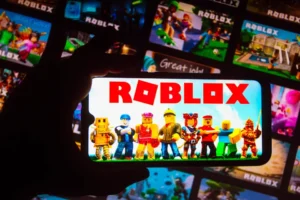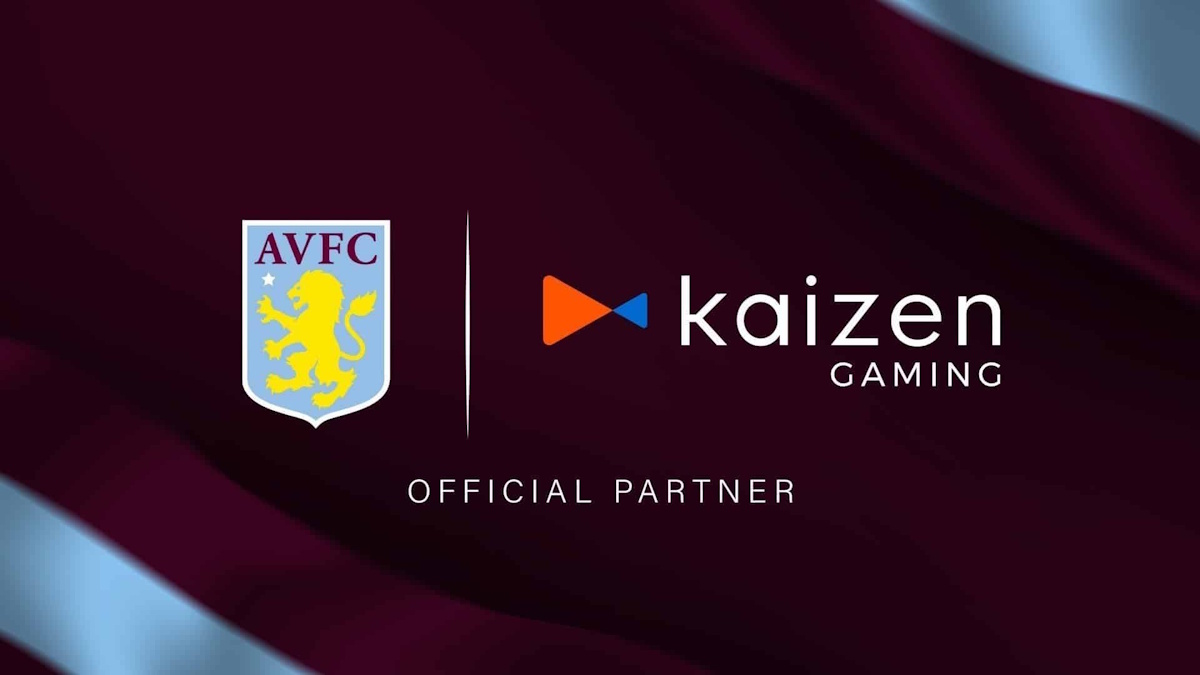A federal judge noted that the plaintiffs’ attempt to hold Roblox liable for profits from Robux gambling websites seemed like an overextended argument. On Thursday, Roblox requested a federal judge dismiss parent-filed claims alleging the platform facilitated gambling by children through Robux, its in-house currency, on third-party virtual casinos. During the San Francisco hearing, U.S. District Judge Vince Chhabria considered whether plaintiffs presented a legally valid basis under California’s Unfair Competition Law for their claims against Roblox.
Judge Chhabria Questions Gambling Allegations Against Roblox
Appointed by Barack Obama, Judge Chhabria withheld immediate dismissal but signalled doubts that parents’ claims fit California penal code provisions regarding illegal gambling. Judge Chhabria addressed plaintiffs’ counsel, Andre Mura, stating Roblox did not itself conduct gambling operations, and their penal code arguments appeared to stretch applicability. The judge also emphasised that courts should avoid interpreting criminal law broadly in private civil lawsuits since such interpretations might extend criminal liability improperly.
Chhabria explained that if claims tied to unlawful conduct failed, plaintiffs could still pursue allegations of Roblox engaging in unfair business practices under California’s Unfair Competition Law. He asked how significant it would be for plaintiffs if liability claims under both prongs of the statute were not allowed. “You maintain your unfair practices claim,” Chhabria said, “and if Roblox violated the statute’s spirit, liability under California law still applies.” Mura replied that the plaintiffs intended to keep all claims active at this early pleading stage of litigation.

Civil vs. Criminal Liability in Roblox Gambling Case
The attorney explained there was no criminal liability ruling yet, only a civil liability assertion based on the applicability of certain laws. Mura suggested that any decision about Roblox’s unlawful conduct liability should come at summary judgment, where the court could evaluate the full evidence about platform operations. Parents alleged Roblox knowingly permitted third-party gambling websites to accept wagers using Robux, generating millions through the company’s 30% conversion fee on Robux redeemed into dollars.
Roblox argued that plaintiffs never claimed the company hosted, controlled, or partnered with Virtual Casinos, making California gambling statutes inapplicable to its conduct. The motion added that even if Roblox collected a 30% fee on purchases used off-platform, plaintiffs never alleged ownership, leasing, or employment links with Virtual Casinos. Roblox attorney Robby Saldaña concurred with Judge Chhabria’s concern that extending California penal code violations to Roblox’s situation carried risks beyond this single case.
Saldaña remarked that interpreting criminal statutes in this context could establish legal consequences stretching far outside the present dispute. Plaintiffs requested a jury trial, accusing Roblox of breaching federal anti-racketeering law and multiple state laws, while negligence claims remain after prior dismissals of RICO charges.

 Companies
Companies 





